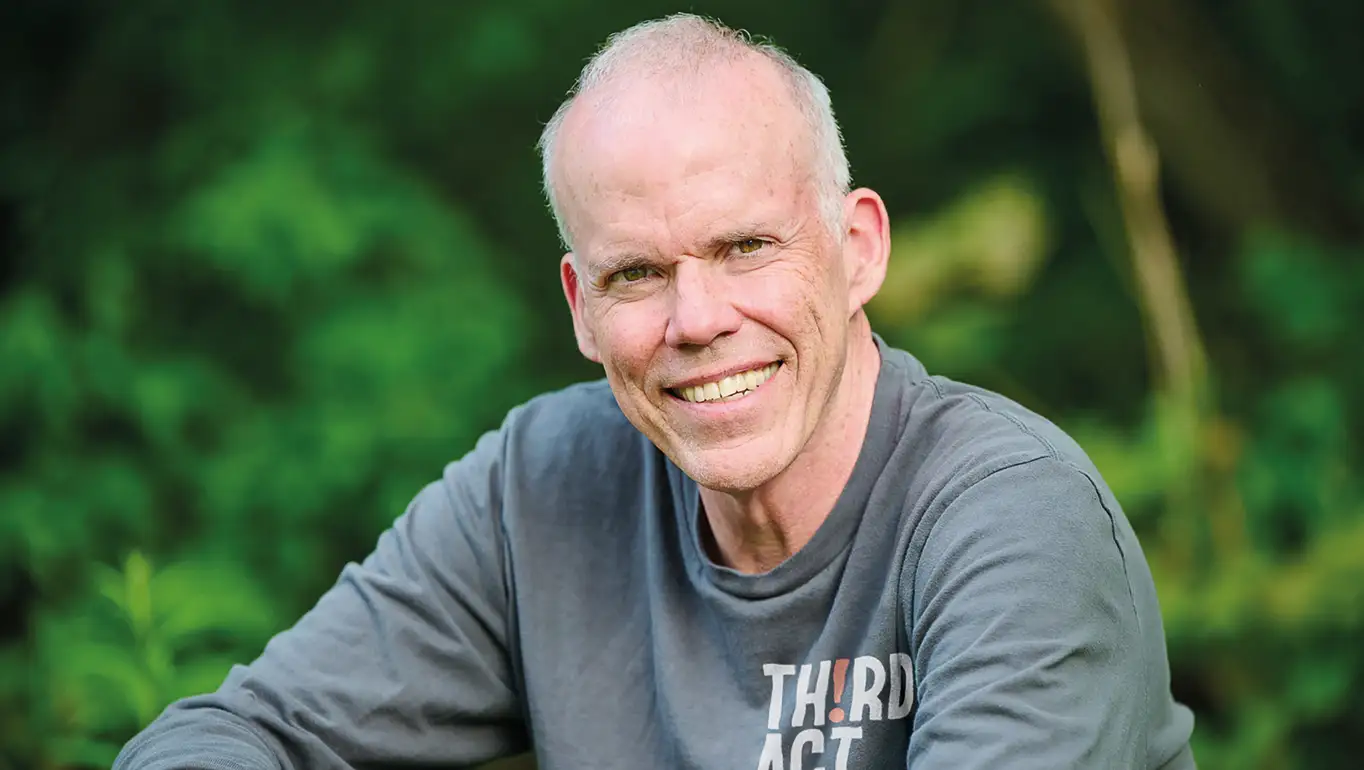Bill McKibben, a pioneering environmentalist, author, and founder of the climate action group 350.org, has spent decades sounding the alarm on climate change and advocating for urgent action. His groundbreaking book, ‘The End of Nature,’ was one of the first to introduce global warming to a general audience.
He has since remained at the forefront of the climate movement, pushing for systemic change through activism, journalism, and grassroots organizing. In this interview, he shares his insights on how his career and work has helped with the increasingly fragile climate emergency we are faced with.
1. Your career spans decades of environmental activism and writing. What inspired you to dedicate your life to climate advocacy?
Back in the 1980s, when I was in my twenties, I wrote what is often considered the first book for a general audience on what we then called the greenhouse effect. Initially, I approached it as a journalist—this was a massive story that no one was really covering. But as I delved deeper, I realized it was much more than just a story; climate change was the single greatest intellectual, practical, and moral challenge our species had ever faced. It also became clear that writing alone wasn’t enough. We were winning the argument but losing the fight—because the fight wasn’t just about facts; it was about money and power. The fossil fuel industry had an overwhelming advantage, using its vast wealth to buy political influence and push forward with its business model, despite the mounting evidence of the destruction it was causing. That’s when we realized we needed to build our own power by organizing broad-based movements to push back.
2. 350.org has become a global movement with remarkable reach. What do you consider its greatest success so far, and where do you see its role in the next decade?
I think 350.org’s greatest success has been helping to educate the world about the dangers of climate change while proving that environmentalism isn’t just for the wealthy—it’s a movement led by people on the front lines. Over the years, 350.org has organized 20,000 demonstrations in nearly every country on Earth, with North Korea being the only exception. If anyone ever thought climate activism was just for rich white people, they should now understand that those most affected—communities in the Global South, Indigenous groups, and marginalized populations—are leading the charge.
I’ve since stepped away from 350.org, leaving it in more capable hands, and have gone on to found Third Act, which mobilizes older generations for action on climate and democracy. There are 70 million Americans over the age of 60, and we feel a deep responsibility to pass on a world as beautiful as the one we were lucky enough to inherit.
3. With the growing climate urgency, what actions do you think individuals and communities can take that will make the most significant difference?
One of the biggest opportunities right now is the rapid decline in the cost of renewable energy. We live in a world where the cheapest way to generate power is simply by pointing a sheet of glass at the sun.
To celebrate this shift, we’re organizing an event called SunDay on the weekend of the equinox in September. The goal is to inspire people to embrace clean energy and recognize how quickly we can transition away from burning fossil fuels.
Anyone can participate—just visit sunday.earth and contribute by sharing an image of the Sun. In the midst of all the chaos and frustration in the world, we want this to be a moment of joy, hope, and unity. Those values, alongside solar panels and wind turbines, are what will help us overcome the entrenched power of the fossil fuel industry.



